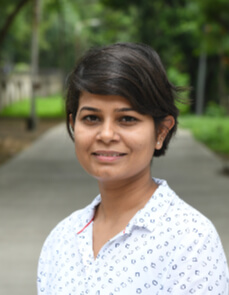Prof. Avina Mendonca has co-authored a paper titled ‘Does being educated more than the spouse gives women higher autonomy? Findings from India.’ The paper mentioned has been published in The Indian Journal of Labour Economics. Thiagu Ranganathan, Centre for Development Studies (CDS), Prasanth Nagar, Ulloor, Thiruvananthapuram, India, is her co-author.
The paper analyses the relation between women’s education relative to their spouse and their autonomy. Using a large-scale nationally representative Indian Human Development Survey (IHDS), the authors found that around 20% of married women have education more than their spouses. Women with more education than their spouses are younger, have fewer children, and earn a higher share of household incomes as compared to those with equal or lesser education than their spouses. The multivariate regression indicates that relative spousal education is positively related to decision making autonomy and physical mobility, but it is negatively associated with emotional autonomy.


